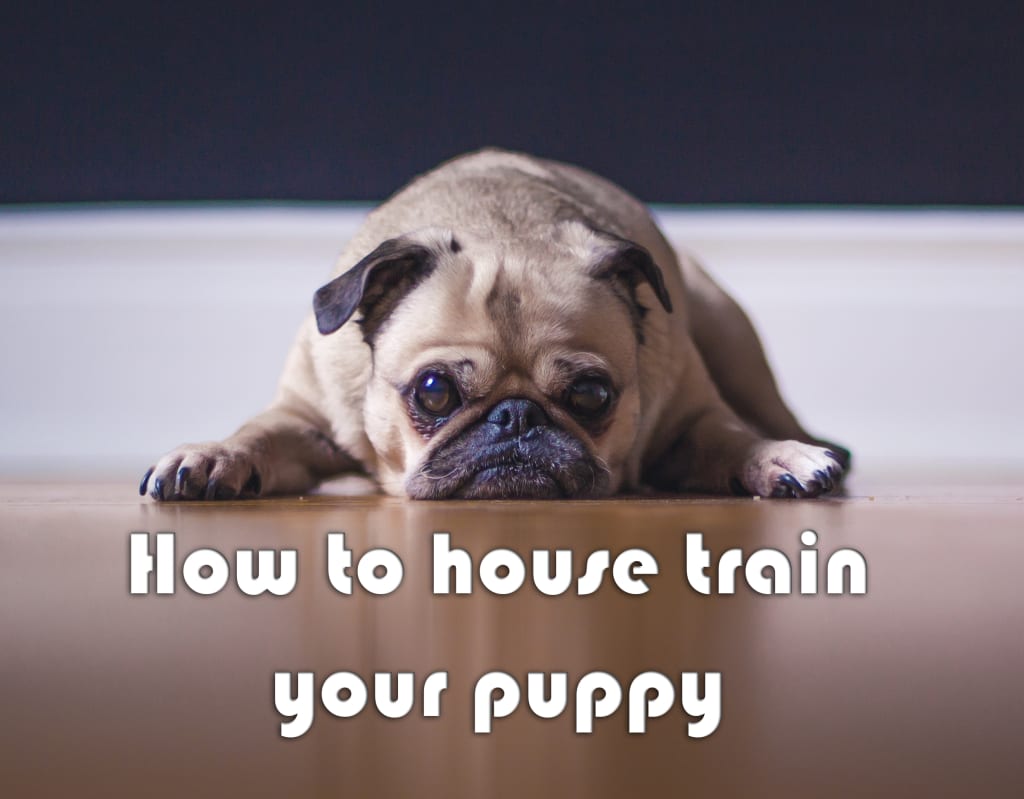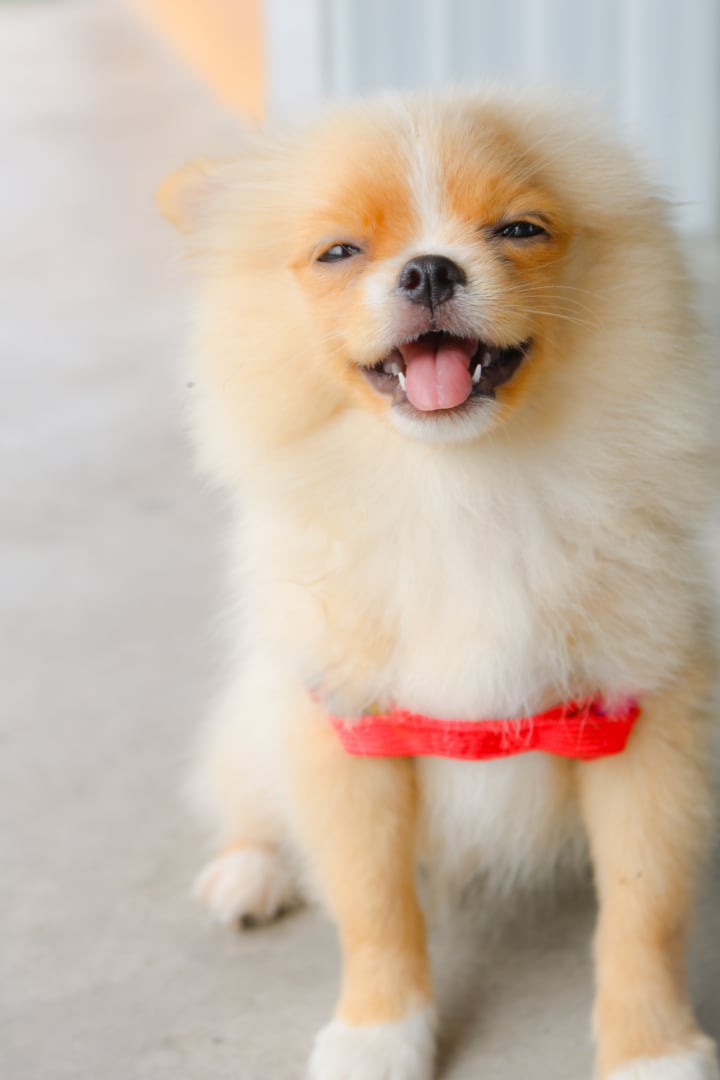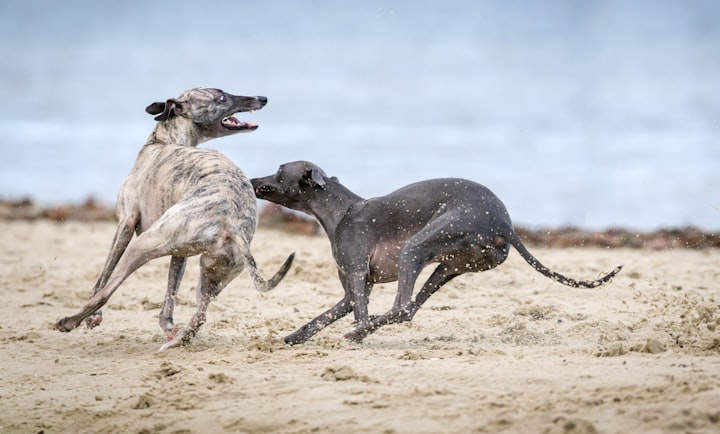How to house train your puppy
train your puppy

How to house train your puppy
House training a puppy involves teaching them where it is appropriate to go to the bathroom. Here are some steps to follow:
Establish a routine: Puppies thrive on routine, so it's important to take your pup out at the same times every day, such as first thing in the morning, after meals, and before bedtime.
Use a designated potty area: Take your puppy to the same spot in your yard every time they need to go to the bathroom. This will help them associate that area with going to the bathroom.
Watch for signs: Learn to recognize your puppy's signs that they need to go to the bathroom, such as sniffing, circling, or whining.
Take them out frequently: Take your puppy out often, especially after they wake up, eat, or drink.
Reward good behavior: When your puppy goes to the bathroom in the designated potty area, be sure to praise and reward them with treats.
Be consistent: Consistency is key when house training a puppy. Stick to the routine and be patient, it takes time for them to understand and follow the rules.
Clean up accidents: Clean up any accidents immediately to remove the scent, and avoid punishing your puppy for accidents as it can be counter-productive and confusing for them.

Supervision: Keep an eye on your puppy at all times, especially when they are indoors. If you catch them in the act of going to the bathroom in the house, interrupt them with a loud noise and take them outside immediately to their designated potty area.
Crate training: Crate training can be an effective tool for house training a puppy. Puppies naturally do not want to soil their sleeping area, so keeping them in a crate when you can't supervise them can help prevent accidents.
Limit freedom: Limit your puppy's access to the house until they have a better understanding of where they should go to the bathroom. Use baby gates to block off certain areas or use a leash to keep them close to you while they are indoors.
Potty breaks during the night: Puppies have small bladders, so they may need to go to the bathroom during the night. Set an alarm to wake up and take them outside for a potty break.
Positive reinforcement: Positive reinforcement is one of the most effective ways to train a puppy. Reward your puppy with treats, praise, and playtime when they go to the bathroom in the designated area.
potty pads: Potty pads can be helpful for puppy house training, especially for owners who live in apartments or have limited access to the outdoors. but it should be used as a tool to transition to outdoor potty training.
Avoid punishment: Punishing a puppy for accidents can be counterproductive and confusing for them. Instead of punishing, stay positive and focus on reinforcing good behavior. Clean up any accidents immediately to remove the scent, and avoid using harsh cleaners as they can leave a lingering smell that may attract the puppy to go back to that spot.
Consistency: Consistency is key when house training a puppy. Use the same commands, rewards, and potty area every time, this will help your puppy to understand what you expect from them.
Be prepared for setbacks: Even after your puppy seems to have the hang of things, there may be setbacks. For example, your puppy might have an accident after a long period of not having any. It is important to stay calm, clean up the accident, and continue with the training.
Seek professional help if needed: if you find that you are struggling with house training your puppy, seek professional help. A certified dog trainer or behaviorist can assess the situation and provide personalized advice and training to help you and your puppy.
House training a puppy can be challenging, but with patience, consistency, and positive reinforcement, your puppy will learn where it is appropriate to go to the bathroom. Keep in mind that every puppy is different and it may take longer for some puppies to be fully house-trained, so don't get discouraged if it takes longer than you expect.
About the Creator
Shaan Pet wellness
Pet wellness is the overall health and well-being of our furry companions. It includes providing them with proper nutrition, regular veterinary care, exercise, and mental stimulation.






Comments
There are no comments for this story
Be the first to respond and start the conversation.